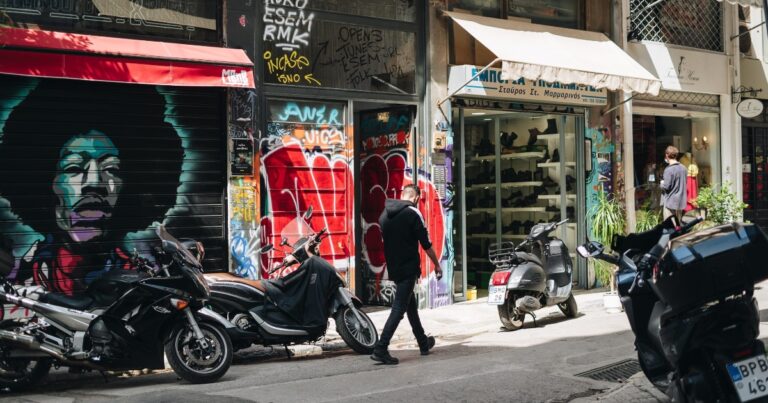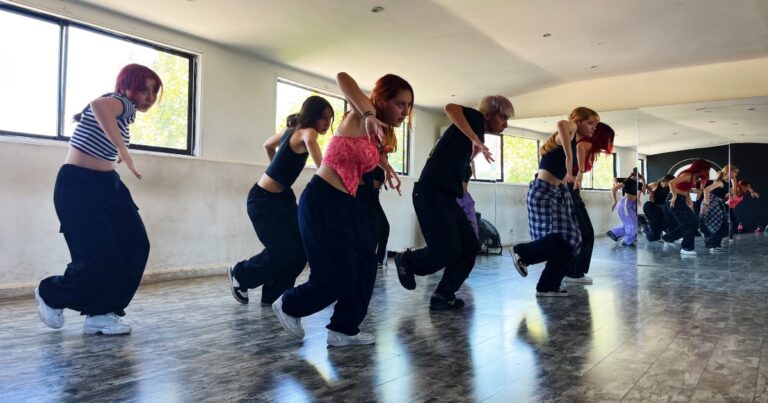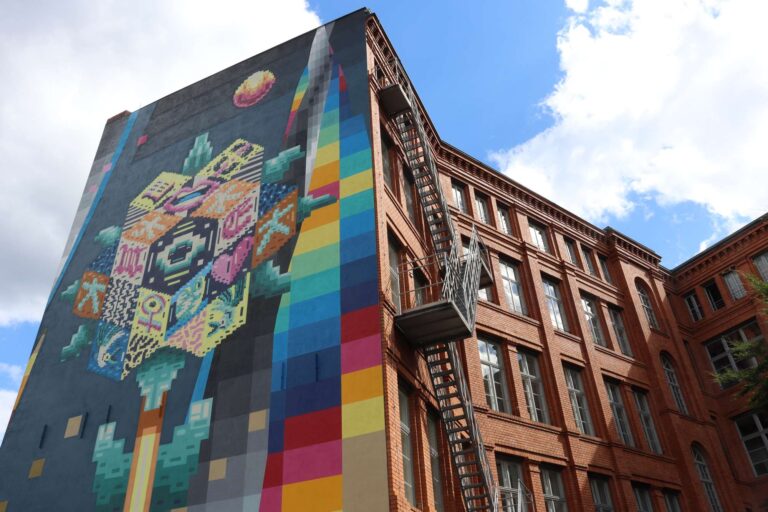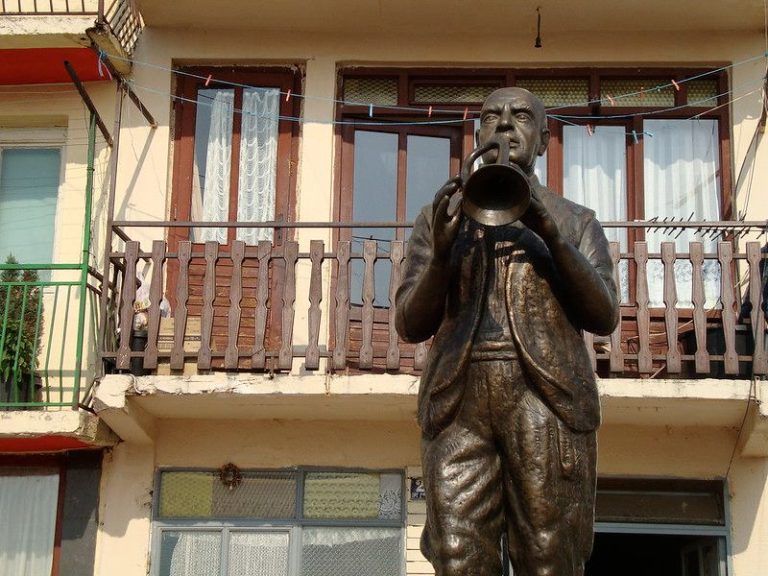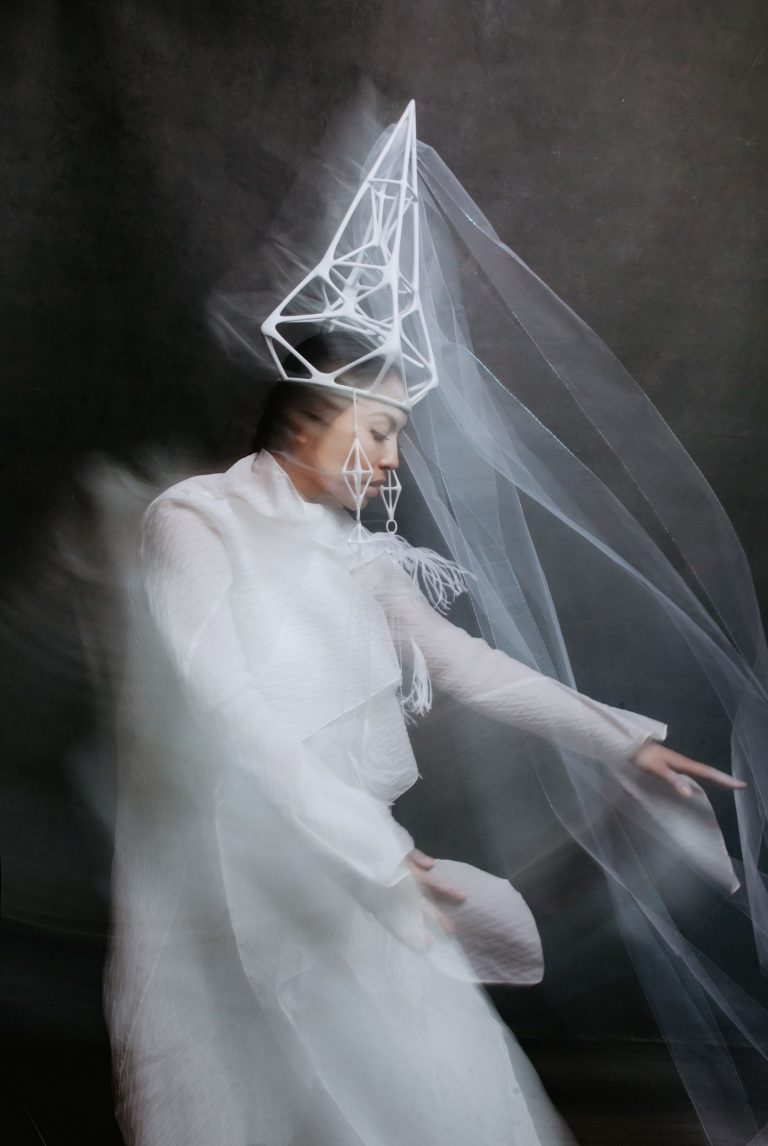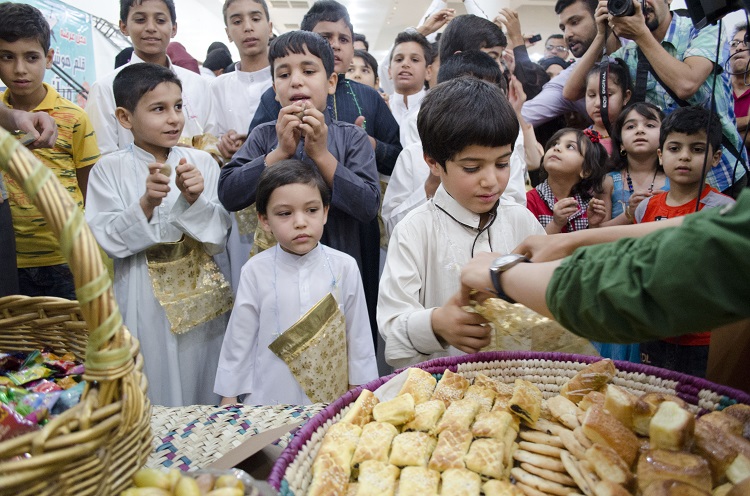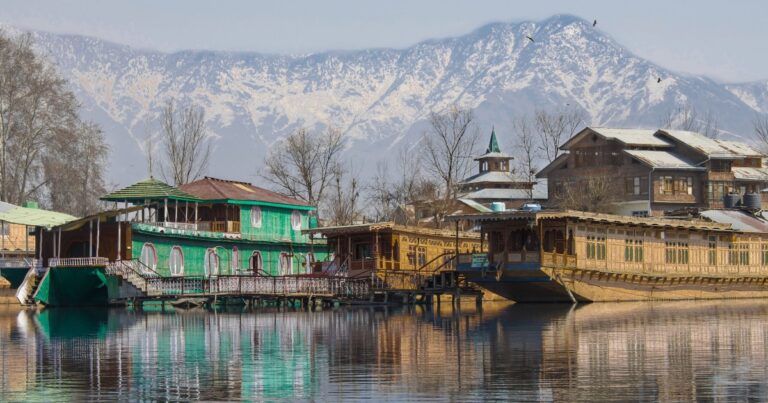In 2017, Russia outlawed the Jehovah’s Witnesses, a Christian denomination founded in the United States in 1872, and branded them as extremists. There are estimated to be almost 200,000 practicing Jehovah’s Witnesses in Russia, but some have started to flee due to persecution over the past five years.
This interview was originally published on January 9, 2022, in Lazo Magazine’s weekly newsletter. It’s a conversation between Lazo Magazine’s founder and Editor-In-Chief, Cristina Maza, and Balut Dhakiev, a practicing Jehovah’s Witness from Kyrgyzstan’s Jalalabad region.
People suspected of practicing the religion have been subjected to violent raids and arrests, had their property seized, and even gotten lengthy jail sentences.
Now, Jehovah’s Witnesses in nearby Kyrgyzstan are worried that the country’s leadership could follow in Russia’s footsteps. In December, the Pervomayskiy District Court in Bishkek rejected a prosecutor’s application to ban the Jehovah’s Witnesses’ religious texts as extremist literature. The ruling was a win for the religious group, which has around 5,000 adherents in Kyrgyzstan.
Still, it was a little too close for comfort. Kyrgyzstan has attempted to import repressive laws from Russia before.
“What’s happening in Kyrgyzstan is the latest consequence of Russia’s ambitious foreign-policy strategy to export its systematic persecution of Jehovah’s Witnesses under the pretense of fighting extremism,” said Jarrod Lopes, spokesman for Jehovah’s Witnesses. “Kyrgyzstan is simply following Russia’s model of repression— ban the Witnesses’ literature with the ultimate goal of banning their organization.”
For this week’s interview, I spoke to Balut Dhakiev, a practicing Jehovah’s Witness from the village of Terek-Say in Kyrgyzstan’s Jalalabad region.
Cristina: What religion did your family practice when you were growing up?
Balut: I grew up in the Soviet Union, so as you know, people were atheists at the time. But my parents were nominal Muslims. I am 48 years old now, and I was around 18 years old when the Soviet Union collapsed.
Cristina: When did you become a practicing Jehovah’s Witness?
Balut: I was raised in a village, and after school, I came to Bishkek for university. I was a student here and learned about Jehovah’s Witnesses. I was 21 years old at the time.
It was amazing and eye-opening. I had been seeking the truth since childhood. I had one main question for everyone. I asked my mom, and my friends: Why do people die? No one could answer.
When I met the Witnesses here, they were two young girls. They showed me in the Bible that we can live forever because that’s how we were created. God’s original purpose was for us to live forever. It was a very happy day for me. I thought, me and my family, we can live forever.
I started studying and then was convinced that this was the truth, that the truth is in the Bible.
Cristina: What was your family’s reaction when you told them you were becoming a Jehovah’s Witness?
Balut: Immediately after discovering the Bible, I went home for the holidays. I began to preach and tell all of my relatives, my parents. They were all happy. They wanted to learn more. Some also started studying with me. People in my village were also interested.
But when I left, the religious leaders in my village opposed this. They scared people into stopping their studies.
Cristina: Are Muslim leaders very influential in your village?
Balut: Yes, especially after the fall of the Soviet Union. They became influential.
Cristina: Are most of Kyrgyzstan’s Jehovah’s Witnesses based in Bishkek? And are you experiencing any intimidation there?
Balut: There are many witnesses here in Bishkek. Some are Russians. Some are Kyrgyz.
In general, Jehovah’s Witnesses appreciate our freedom in this country. Kyrgyzstan is considered the most democratic country in Central Asia. Our President recently said that all religions are equal and should have the same rights.
But recently, we have been facing some persecution. We were shocked to learn that a criminal case has been opened against our religious center since 2019. We didn’t know anything about it. We have no idea why they opened it.
The State Committee for National Security, the successor of the KGB, visited our center and conducted a search last March.
Cristina: What were they searching for?
Balut: They were interested in our literature. They stayed a whole day and took documents from our office.
Everything was returned in a week due to the outreach of the international community.
We are really worried that Russia’s laws will be copied here.
We are open to dialogue with the government to resolve any issues. Jehovah’s Witnesses are not politically inclined. We’re not involved in politics. We remain neutral.
We hope that Kyrgyzstan will not follow the example of Russia but will follow the other 240 democratic countries that recognize Jehovah’s Witnesses as law-abiding and peaceful citizens.

